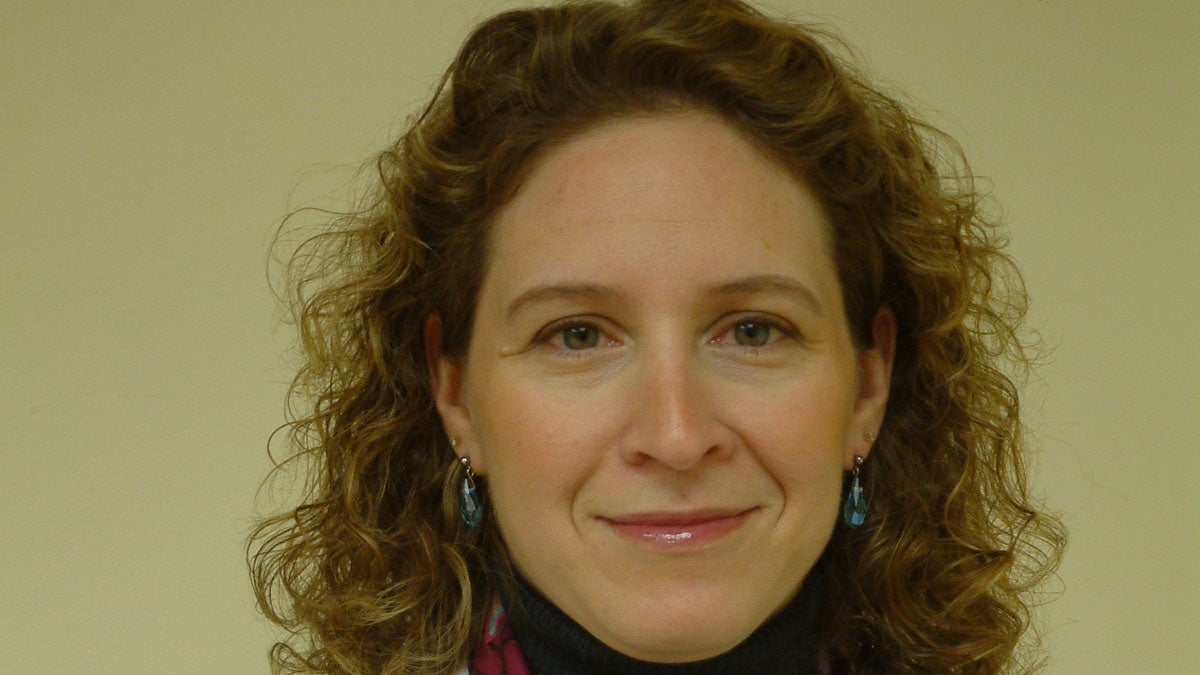How one breast oncologist faced her own diagnosis
Listen
(Photo courtesy of breastcancer.org)
Dr. Marisa Weiss had been treating breast cancer for over 20 years when she got her own breast cancer diagnosis four years ago.
She had made a name for herself as a prominent breast oncologist and the founder and president of breastcancer.org.
For her, the diagnosis was a game changer.
“You’re on the other side,” she said. “You’ve been in the patient gown waiting for the doctor to come in. You’re cold, you’ve got questions, you’ve got fears. I had the same fears as the patients I take care of.”
It was as difficult for her as it was for any of her patients to change lifestyle habits and to explore the many treatment options available today. Weiss says creating the informational website was as relevant to her as it was for other men and women.
“I started breastcancer.org to get people, [who are] confronted with breast cancer, the best medical information available to protect their precious lives.” says Weiss “I’ve watched people trying to understand this enormous amount of complex information, make sense of it, take decisions and put them into action right away.”
Between surgery, chemotherapy, targeted therapy, hormonal therapy, physical therapy, radiation oncology and all the tests as well as surveillance over time, it can all be overwhelming.
“A diagnosis of breast cancer is frightening, devastating and feels like an emergency,” she says. “And I’ve seen how overwhelming and confused people can be when they’re dealing with the immediate and the long term treatment options.”
Weiss, is a strong proponent of having patients and their medical team work together to design treatments according to the patient’s condition, plan of action and cultural and family context. To do so, she thought the more information, the better.
She emphasizes that every woman’s situation is unique and there is absolutely no “one size fits all” treatment.So in every case, “your best treatment depends on you and your informed decisions.”
Weiss, who comes from a family of scientists and physicians, divides her time between working as a breast oncologist at Lankenau Medical Center and continuing her advocacy work for breast cancer health and awareness out of her breastcancer.org office in Ardmore.
Part of her mission, she says, “is trying to dispel common misconceptions. One being that breast cancer is mostly due to family history and inherited genes.”
“The truth is,” Weiss says, “Only 10 percent of breast cancer cases are due to rare genes like BRCA1 or BRCA2. The remaining 90 percent of breast cancer cases are mostly related to how one leads their life.”
So Weiss is focusing on helping the next generation because she says breast cancer is already much more common now than it ever was.
Weiss insists that if we “keep doing what we are doing and having the chemical and environmental exposure that we are getting” it might get worse. But, she says, there is time to make some important changes that will diminish our exposure to toxic environments.
WHYY is your source for fact-based, in-depth journalism and information. As a nonprofit organization, we rely on financial support from readers like you. Please give today.



